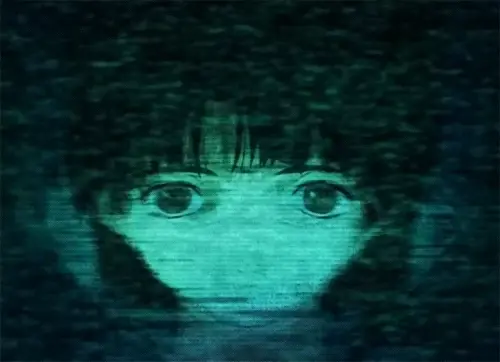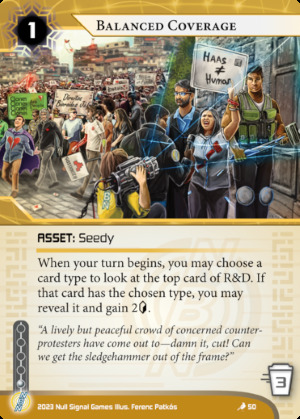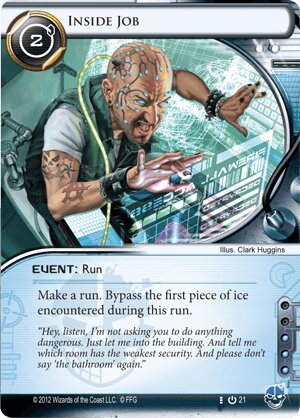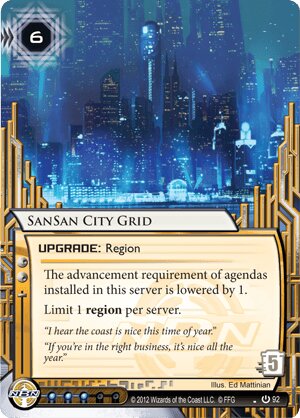

DreamWorks game studios so woke they somehow managed to make me, a cis male, experience gender dysphoria every time I looked down to check my health


DreamWorks game studios so woke they somehow managed to make me, a cis male, experience gender dysphoria every time I looked down to check my health

I’ve got good news for you!
https://killsixbilliondemons.com/comic/kill-six-billion-demons-chapter-1/
Is where “reach heaven through violence” is quoted from. It’s good stuff, written by an actual leftist too


Edit: Ah cool he covers it at the end of the video


Quinns is married to Leigh Alexander, the lady who wrote “Gamers are Over”. PMG also did this video on the Disco Elysium situation, which er… isn’t exactly their finest bit of reporting.
I’ve been a fan of Shut Up and Sit Down (their tabletop games focused channel) for a long time but I wouldn’t call them socialists.

There’s not enough text for it to be the former
Be the American the Japanese think you are



haven’t played the game (it was basically impossible to find translated versions until now) but from what I heard it has the same general plot but the details are different, and it had a darker tone than the show


Yes! Reminded me so much of Wayne Barlowe’s Expedition which is one of my favourite books on speculative zoology, although in comparison Scavenger’s Reign has a stronger focus on environmentalism and is a bit more of a character piece than anything.
There’s a short made by the creators of Scavenger’s Reign on youtube that’s free that feels like a prototype of what the show eventually becomes, it’s great and you should def check it out
Edit: Also I think we mostly post about tv shows in the movie board lol


The reason you can’t go “Xenomorphs are a 1-to-1 allegory for the Viet Cong” is the same reason you can’t just say that the movie is reactionary and pro-genocide: the Alien is too big and all encompassing a metaphor for how uncaring and hostile nature is in the face of human endeavour. It’s not just a simple Other, it’s the face of annihilation; it’s a WMD found in the wild the same way Uranium or Anthrax is.
Ripley’s argument that the Xenomorphs need to all be destroyed is the same argument for the destruction of all samples of deadly diseases that can be used as biological weapons: it is too inimical to human life to be allowed to exist, especially because the MIC keeps trying to weaponize it in order to profit off of it.


I’m showing my age here but here but I thought the two most common readings of the film were:
The military at the behest of the MIC get sent into a situation that they have little to no understanding of which results in many good men and women dying, all because the powers that be think that they can turn a profit. Only by banding together can the working class (human or android) survive this situation
(And when viewed it this light, Avatar can be seen as more a refinement of James Cameron’s anti-war views than a 180.)
Ripley, the lone survivor of the Sexual Assault Monster is forced/blackmailed by the Patriarchy(Burke) into confronting said monster because the Patriarchy wants to profit off of it, and then the Patriarchy is  face when they find out that they can’t control the Sexual Assault Monster and gets sexually assaulted. Only by building a coalition of feminist allies and confronting her trauma head on (with a power loader) can Ripley prevent the same trauma that was inflicted on her from being inflicted on the next generation.
face when they find out that they can’t control the Sexual Assault Monster and gets sexually assaulted. Only by building a coalition of feminist allies and confronting her trauma head on (with a power loader) can Ripley prevent the same trauma that was inflicted on her from being inflicted on the next generation.

Winter Soldier activation code words, but for Hexbears


Sifu adaptation but it’s a comedy overdub like Kung Pao and the entire runtime is just the main character eating shit


The title I’ll be keeping an eye on is Sifu, because I thought while playing that game that despite it’s incredible visual style the story would work a lot better as an animated movie.
Also Armored Core getting any kind of non-anime adaptation lmao.
Interesting that you basically have WotC, Games Workshop and Playstation(I guess in this case God of War) as the big ticket items, and then a whole string of B and C listers whose franchises were either relatively obscure or on life-support propping up the whole thing.


Modern Netrunner’s art isn’t as good as the FFG days but it’s 200% more based



From FFG’s Android Netrunner






All the pro-Automaton pro-Socialism propaganda is funny as fuck




Ok so this is kinda a big topic but I’ll do my best to break it down. To cut to the chase I think Eva stands on it’s own reasonably well, although maybe knowing the general history of the genre or having a passing familiarity with the tropes may enhance your enjoyment of the show.
Mecha as a genre starts with Super Robot (Tetsujin-28, Mazinger Z, Getter Robo), as an extension of the kinda Sci-Fi stories made popular by the likes of Astroboy. To broadly generalize these are (usually) Saturday Morning Cartoon stuff, adjacent to tokusatsu (live action special effects shows, think Power Rangers and Ultraman) so it’s all simplistic young protagonist saves the world from the forces of evil with their cool giant robot Modernist Power of Science and Progress power fantasy (but also some of these original shows go into WILD places because basically if your writing Sci-Fi in Japan in the 70’s you’re some kinda Leftist). Imo you don’t have to go watch these old shows, just knowing that they very much directly inspire Eva should give you all the background you need here.
As we get to the 80’s, we get to the Real Robot split. Basically creators decide that they’ve had enough of writing Saturday Morning Cartoons, they want to write real hard Sci-Fi like Isaac Asimov, Arthur C Clark and Robert Heinlein… and then finding out the only way to do that is to make animated toy commercials. But they manage to despite this commercial limitation, so you get shows like Mobile Suit Gundam and Space Battleship Yamato which are nuanced meditations on the nature of war drawn from the lived experiences of the generation that survived WW2, and they express their anti-fascism very strongly in their art.
I highly recommend the original Mobile Suit Gundam (UC0079). The compilation movies (Mobile Suit Gundam The Movie, Mobile Suit Gundam II: Soldiers of Sorrow and Mobile Suit Gundam III: Encounters in Space) are great watches and condense the series into a decent runtime, although you will definitely miss some stuff from the series. It serves as a pretty decent baseline for what Eva is critiquing, although even here there’s more nuance than “Gundam Tropes Bad”, where Eva is more in a dialogue with things Gundam’s doing as a story that’s evolving beyond the kinda pulpy Saturday Morning Cartoon roots of the genre.
Mecha as a genre is compelling because the Giant Robot is such a potent visual metaphor and storytelling vehicle. But I think what’s special about Eva, and why it has lasting power as a story, is because up till that point no one had ever bothered to question if the kinds of stories we tell ourselves about our technology and our wars were worth telling in the first place, or if they’re just comforting lies designed to fill a vacuum in our souls. I think Eva still stands up well even without the larger context of the deconstruction, just from it’s sheer brazenness in being willing to break down every single tiny aspect of it’s characters and dive into their psychology, while avoiding easy answers, to show human beings as the messy imperfect creatures that they are- it’s more character study than anything else.
(And, like, it’s extremely wild that this kinda injection of Postmodern literature is happening to… what isn’t really that far off from a Saturday Morning Cartoon, but the 90’s were the Wild West of animation, History had Ended (thanks Francis Fukuyama) and um, the director of Eva really suffered from severe depression so… hey, I guess poison pilling existential dread into your Giant Robot show is a winning formula or we wouldn’t be talking about it now.)
P.S. Gurren Lagann is my favourite show of all time (or close to it) but I’ll strongly recommend you watch it after Evangelion. Basically the staff who worked on that show were the protege’s of the staff who worked on Eva, and Gurren Lagann was them saying “Hey you were right to question all those tropes, but the underlying principles the genre is built on, Hopefulness of the Future and a Belief in the Human Spirit (I’m trying to be as vague as possible to avoid spoilers) aren’t bad things and are worth preserving and we’re going to prove it with this show.” It’s a continuation of that larger meta-dialogue all this art is having, and imo it’s best experienced in order.

Keep in mind that Eva is also meta-criticism of mecha as a genre- almost every single child soldier pilot in all the shows before Eva kinda uncritically “got in the robot”, and Anno going “wait that’s kinda fucked up actually” is why Eva’s considered a deconstruction
Also I think a lot of replies you’re getting are from people who finished the show, and a bit further in the show is really going to dig into Shinji’s character and he gets a little more sympathetic there I think
Honestly I prefer Hammond as a well meaning grandpa.
Hammond in the film is kinda a stand-in for Spielberg himself, the entire flea circus monologue is Spielberg lamenting about his role in the entertainment industry and whether he did more harm than good in it.
To me it just reinforces that the problems with Jurassic Park were systemic. It was doomed to fail no matter how well meaning the creator. The problem isn’t the individuals, it’s capitalism.